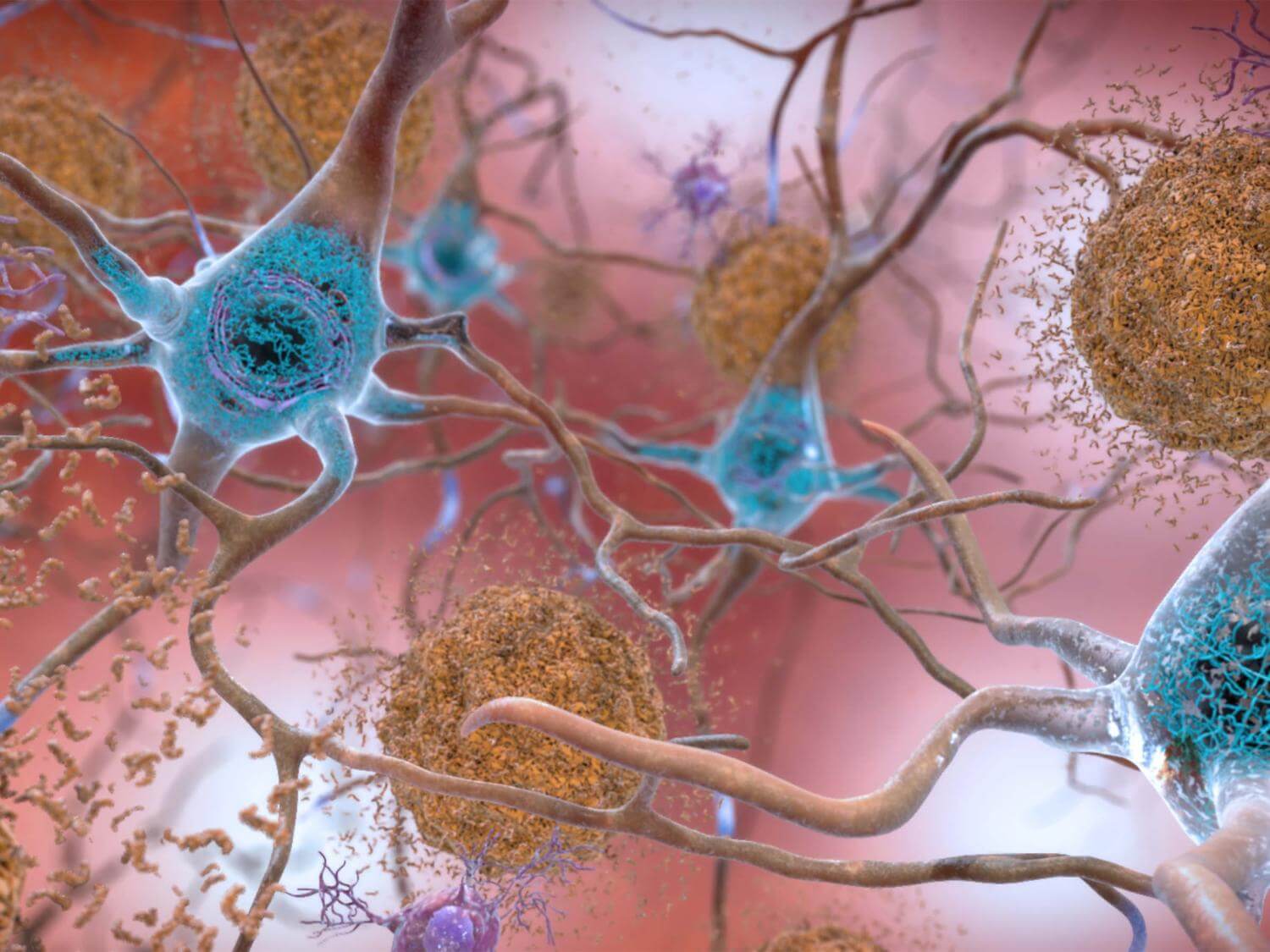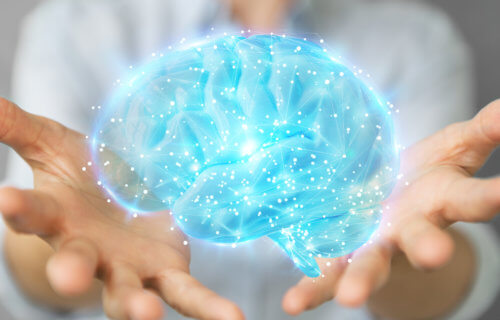ZHEJIANG, China — Electrical stimulation of the brain can enhance the cognitive functions of patients with Alzheimer’s disease, a new study explains. The research finds that 20-minute sessions of transcranial direct current stimulation (tDCS) twice daily improved memory and cognitive performance in elderly individuals with this common form of dementia.
This innovative technology, tDCS, which involves applying a low-intensity electrical current through electrodes placed on the head, may also aid in enhancing brain plasticity in these patients, fostering the development of new neural connections.
Researchers aimed to determine if electrical stimulation could boost brain function in those living with Alzheimer’s, a progressive condition leading to confusion and memory difficulties. The team notes that tDCS is gaining traction in various medical fields, including in the treatment of depression.
A team in China enrolled 140 patients with mild to moderate Alzheimer’s from four hospitals. The participants were randomly assigned to receive either the active tDCS treatment or a placebo version. The treatments were administered five days a week for up to six weeks. All participants were over 65, had Alzheimer’s for more than six months, and scored below 26 on the Mini-Mental State Exam (MMSE), with scores under 24 indicating cognitive impairment.

The study focused on stimulating the prefrontal cortex, responsible for higher-order functions like planning, decision-making, and language. The researchers used the MMSE and the Alzheimer’s Disease Assessment Scale-Cognitive (ADAS-Cog) Test, which assesses language and memory, along with motor evoked potential (MEP) readings, to evaluate changes in neural plasticity.
“Taken together, tDCS is a promising method for improving cognitive function with sufficient treatment,” says Xingxing Liu, the study’s first author from Zhejiang University, in a media release. “It is supported by electrophysiological evidence (MEP) in patients with Alzheimer’s disease, and these results support the potential role of cortical plasticity as a biomarker of treatment effect in patients with Alzheimer’s.”
Of the participants, 133 completed the two-week intervention, and 124 finished the six-week course, with no withdrawals due to discomfort. The results show significant cognitive improvements in the tDCS group after two weeks, especially in word recall and recognition, which were not observed in the placebo group. After six weeks, cortical plasticity, which is typically impaired in Alzheimer’s patients, showed improvement with tDCS.
“tDCS can significantly improve the working memory of older patients, and the stimulation changes the resting-state functional connectivity of the frontoparietal brain region,” adds Liu. “The results of this study strongly indicate that tDCS treatment is a significant and promising intervention for improving cognitive function in Alzheimer’s.”
However, the researchers acknowledge limitations in their study, including its small size, the absence of MRI or electroencephalography scans to observe brain structure changes, and the lack of cerebrospinal fluid and blood samples to monitor neurotransmitter changes.
The study is published in the journal General Psychiatry.
You might also be interested in:
- Zap while you nap: Brain stimulation during sleep turbo charges memory
- Pill derived from coffee grounds could prevent Alzheimer’s, Parkinson’s diseases
- Eating strawberries daily may protect your brain from dementia
South West News Service writer James Gamble contributed to this report.

